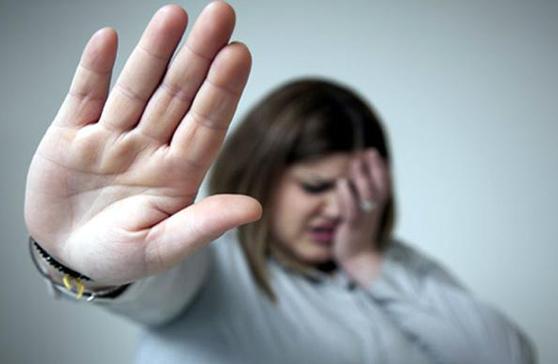You are here
Suicides in Jordan shed light on stigma towards mental health — experts
By Bahaa Al Deen Al Nawas - Sep 25,2019 - Last updated at Sep 25,2019

At least 75 per cent of people who commit suicide have had symptoms of depression, according to psychiatrists and addiction specialists (Photo courtesy of freeimages.com)
AMMAN — From 2014 to 2018, 605 cases of suicide were recorded in Jordan, with the figure exponentially increasing each year, according to figures published in the Jordan Statistical Yearbook 2018, produced by the Department of Statistics.
“The topic is controversial”, psychiatrist and addiction specialist Maen Abki told The Jordan Times on Tuesday, noting that there are many contributing factors to suicide, but, generally speaking, at least 75 per cent of people who commit suicide have had symptoms of depression.
Besides depression, Abki said studies show that 10 per cent of patients with schizophrenia are vulnerable to committing suicide. He noted that alcohol and drug addiction, which are mental illnesses, are also among the general causes of suicide.
With regards to economic factors, Abki added that the main cause of suicide is unemployment, while on a biological level, people with chronic diseases, cancers, and generally those who are in chronic pain are more prone to suicide.
"Even those with a life that is going well might face a sudden stressful situation, such as the loss of a loved one, and the trauma might lead them to want to commit suicide," Abki said, adding that there are also social reasons at play, as single and divorced people are more prone to suicide than those in a relationship.
In cases of severe depression and schizophrenia, delusions and hallucinations can lead a person to commit suicide, the psychiatrist said, adding that this can include the feeling of being watched, feeling guilty and as if doing something wrong or imagining things that are untrue, such as being dead or limbless.
When asked about the reason for the increase in suicide rates over the past five years, Abki said that he believes that in general, society's stigma towards mental care and psychiatry leaves patients untreated, meaning that their depression could go from mild to severe with an increased probability of eventually committing suicide.
Abki encourages families to seek mental care in order to receive necessary treatment and hospitalisation before conditions worsen.
Abki noted that it is also important to realise that some people inflict self-harm without the intention of suicide, but end up mistakenly killing themselves, which is why all cases should be taken seriously.
"I think it is very important that every psychiatrist ask his or her patient if they are having suicidal thoughts," Abki said, adding that "the question is not asked enough out of fear of incepting the idea in the patient's head, but the truth is if the patient is not considering suicide, the question will not do so."
Awni Abu Halimah, consultant psychiatrist and addiction treatment specialist, concurred with Abki’s statement, as he also told The Jordan Times on Tuesday that depression is the leading cause of suicide.
Abu Halimah said that the symptoms of those suffering from depression can range from a gloomy mood, to being sad all the time and wanting to cry, seeing the world through dark lenses, and feeling completely alone and isolated in the world.
Abu Halimah said that depression knows no age boundaries, and could happen to anyone regardless of their age, but did highlight how nowadays, it is most common among people in their 20s and 30s.
When asked for his personal analysis of why suicide rates have increased in more recent years, Abu Halimah said that the main cause is economic and financial conditions, as, for example, if a parent is unable to support their children, they may see suicide as the only option.
Related Articles
AMMAN — The birth of a baby can give some mothers a feeling of excitement and joy, as well as fear and anxiety, but it can also result in so
AMMAN — As the presence of COVID-19 in people’s lives lingers on and infections in Jordan have increased significantly in the last couple mo
Promoting mental health awareness will help eliminate the social stigma often associated with mental diseases, officials said on Monday.















